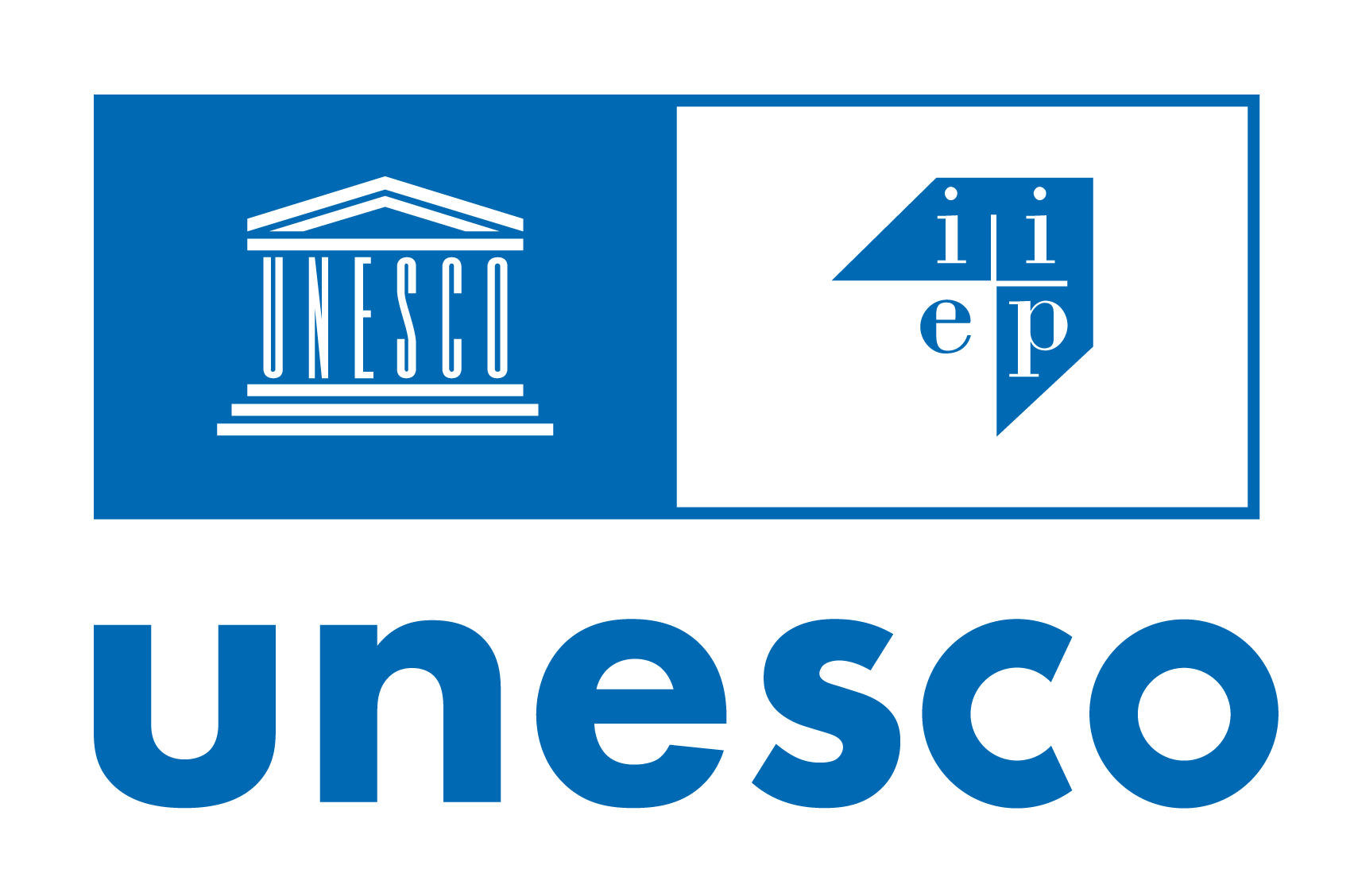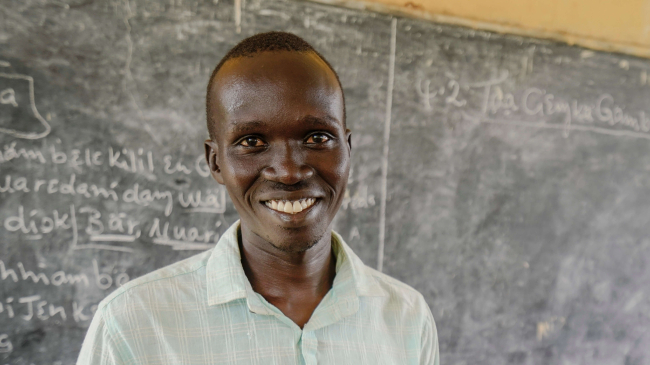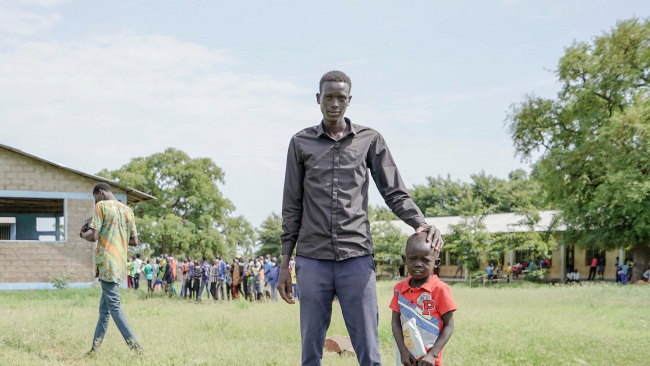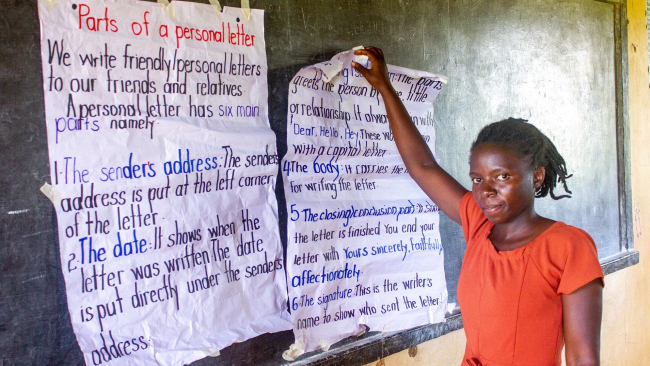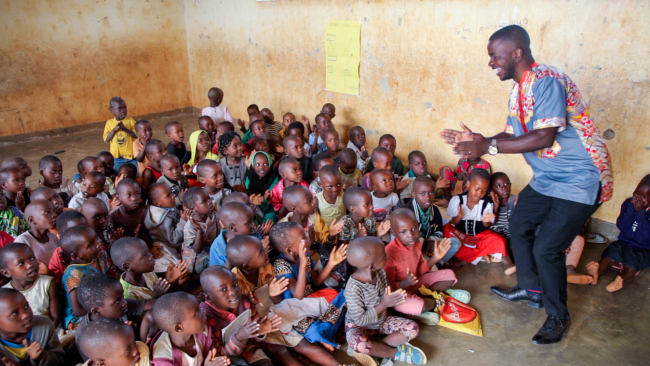This article examines the quality of education available to refugees in Kenya, with a particular focus on instruction. By providing empirical data about instruction in a refugee education context, the article supports anecdotal accounts and strengthens agency-led evaluations. It is based on a qualitative case study research project conducted at six primary schools, two in Nairobi and four in the Kakuma refugee camp in northwestern Kenya. The article documents the instructional practices used in these schools to demonstrate the centrality of lecture in lesson presentation; teachers’ reliance on factual questions and the lack of open-ended and pupil-initiated questions; limited comprehension checks; and the absence of conceptual learning. Drawing from the perspectives of the teachers who were interviewed, the article argues that quality instructional practices for refugees are constrained by several key factors: limited resources, including low funding, significant overcrowding, and a lack of teaching and learning materials; a lack of pedagogical training and content knowledge; and curriculum and language policies. The article concludes with implications for education policy related to refugee teachers, and the content and structure of teacher training and professional development for these and other teachers working in refugee settings.
Year
2015
Pages
93-130
Periodical
Journal on Education in Emergencies, 1, 1
Countries
Resource Types
Languages
